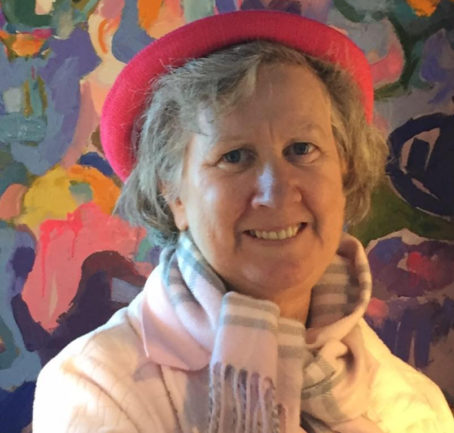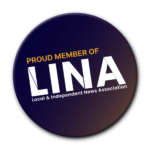
People interested in learning rip current safety skills are invited to free safety lessons led by local volunteer lifesavers at Umina Beach and Pearl Beach from April 12-18.
And it will only take ten minutes of your time.
You will learn how to identify a rip current before entering the water, how to escape a rip current and how to safely assist someone caught in a rip current.
And you will be contributing to a drowning prevention research project.
The research is being conducted collaboratively by Ocean Beach and Umina Surf Life Saving Clubs, Surf Life Saving Australia, the Universities of Melbourne and the University of New South Wales.
“Staying safe and making the most of our local beaches requires knowledge and skill,” Member for Gosford, Liesl Tesch MP said.
“It’s important for us Coasties living alongside or near our beaches to never take the surf for granted. It is just as critical for visitors unfamiliar with the beaches.”
Leading beach safety researcher Professor Rob Brander and other beach risk experts argue that reliance on the prevailing message to ‘swim between the flags’ is not enough.
Professor Brander says that new evidence-based approaches to beach safety that target drowning prevention on unpatrolled beaches are needed.
“This new research – which connects communities with lifeguards and lifesavers through safety lessons on the beach – is a fantastic and much needed initiative that will help expand beach safety education and drowning prevention efforts beyond the flags.”
Associate Professor Brian Cook from the University of Melbourne said community engagement was the key pillar in the project being conducted at Umina and Pearl Beach.
“Our objective is to evaluate the impact of evidenced-based drowning prevention via relationship building between lifesavers and beachgoers through the delivery of skill development lessons on the beach,” he said.
Sessions will be held at Umina Beach on Friday, April 12 – Sunday, April 14, and at Pearl Beach on Tuesday, April 16 to Thursday, April 18.
Sessions are held four times a day between 11:30am and 3:30pm and only last ten minutes.



Council should erect signs on Beaches every 20metres showing a person wearing bathers only standing in water with a arm up indicating needs help in 10 different languages eg: HELP, DON’T PANIC,
Many multi cultural people are visiting Central Coast beaches swim fully clothed can’t swim.
Our Life Saving Clubs do a great job but alot of visitor’s swim outside patrolled area’s.